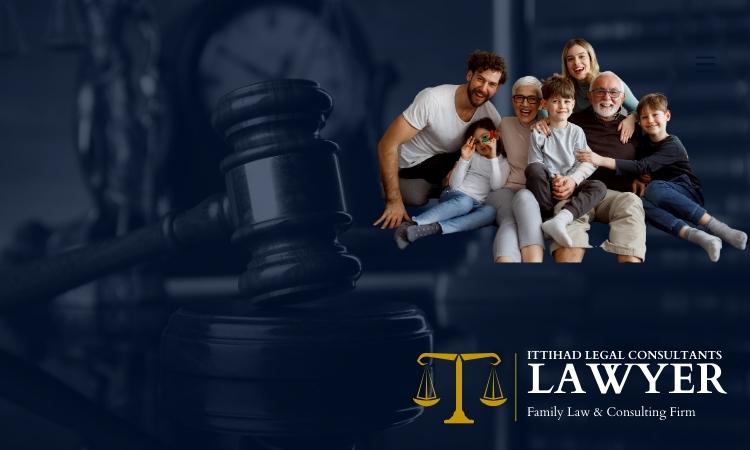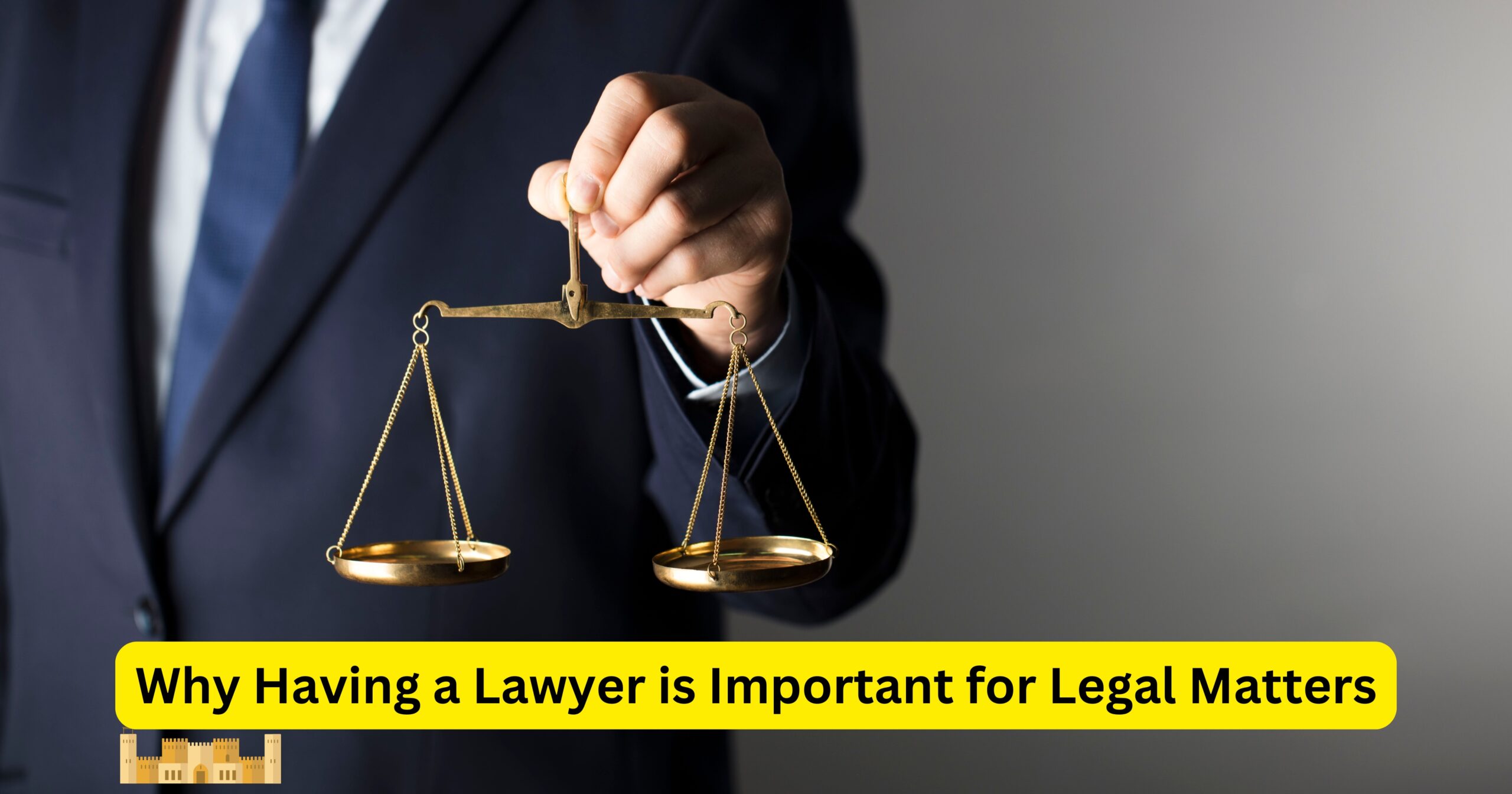Personal Injury Law: Navigating the Legal Landscape
Whether you’re seeking compensation for a car accident, workplace injury, or medical malpractice, understanding your rights is crucial. In this guide, we’ll delve into the intricacies of personal injury law, providing valuable information and actionable steps to take in case of an unfortunate event. Understanding Personal Injury Law What is Personal Injury Law? Personal injury law encompasses a legal framework designed to shield those who have endured physical, emotional, or emotional distress brought on by the negligence of another party or intentional actions. This branch of law allows victims to seek compensation for their losses. Key Components of Personal Injury Law The Process of Filing a Personal Injury Claim Consultation with an Attorney Seeking legal counsel is the first crucial step in pursuing a personal injury claim. An expert lawyer can evaluate the strength of your case and guide the best course of action. Investigation and Evidence Collection Gathering evidence to support your claim is essential. It may include medical records, witness statements, and photographs of the incident scene. Negotiation and Settlement In many cases, a settlement can be reached before going to court. Your attorney will represent you throughout negotiations to secure fair compensation. Litigation and Trial The case may proceed if a settlement cannot be reached for trial. Your attorney will state your case, and a judge or jury will decide. Personal Injury Law: FAQs What kinds of situations are covered by personal injury law? Personal injury law covers many cases, including car accidents, slips and falls, medical malpractice, product liability, and workplace injuries. Is hiring a personal injury attorney necessary? While submitting a personal injury claim without legal representation is conceivable, having legal representation significantly increases your chances of a successful outcome. How long does it take to resolve a personal injury case? The timeline varies depending on the case’s complexity and whether a settlement is reached. Some cases may be resolved in a few months, while others can take several years. What is the role of insurance companies in personal injury cases? Insurance companies often represent the party at fault. They might make an effort to reduce the compensation you get. Having an attorney can level the playing field. Can I still claim a personal injury if the incident happened a while ago? The limit period varies by type and jurisdiction of injury. It’s crucial to consult with an attorney promptly to determine if you’re still eligible to file a claim. How is compensation calculated in a personal injury case? Compensation is calculated based on medical expenses, loss of wages, discomfort, and any long-term consequences of the injury. Conclusion Navigating personal injury law requires knowledge, patience, and expert guidance. By understanding the key components and steps involved, you empower yourself to make informed decisions. Remember, seeking legal advice is the first and most crucial step toward obtaining the compensation you rightfully deserve. This article has been meticulously crafted to provide you with a comprehensive understanding of personal injury law. If you have any further questions or require additional assistance, do not hesitate to consult with a qualified attorney. Your rights and well-being are paramount, and the legal system is here to protect them.
Personal Injury Law: Navigating the Legal Landscape Read More »














